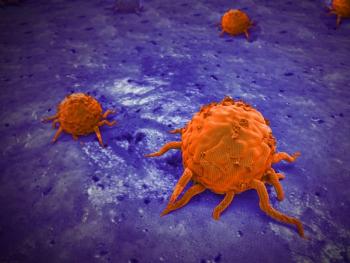
No dose-limiting toxicities were observed in the phase 1/2 trial evaluating zurletrectinib in patients with NTRK/ROS1-driven malignancies.

Your AI-Trained Oncology Knowledge Connection!


No dose-limiting toxicities were observed in the phase 1/2 trial evaluating zurletrectinib in patients with NTRK/ROS1-driven malignancies.

Among patients with locally advanced/metastatic urothelial cancer who received at least one 2.2 mg/kg dose of BL-B01D1, the confirmed ORR was 44.1%.
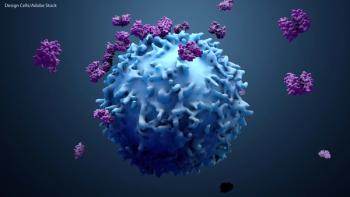
Definitive concurrent chemoradiation followed by consolidation durvalumab in the absence of progression remains the standard of care for stage III NSCLC.

Interim data from the phase 1b CLOVER-2 trial evaluating iopofosine I 131 in children and adults with high-grade glioma supported the FDA’s decision.
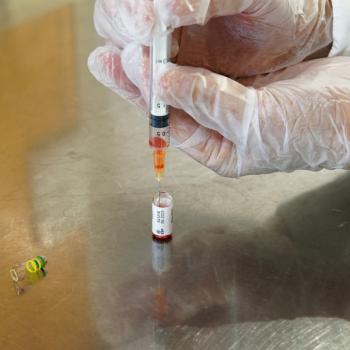
The Nuclear Medicine Clarification Act seeks to increase transparency in reporting potentially high-dose extravasations in administering radiation.

The PSA response rate and radiographic PFS were similar with the 177Lu-based combination regimen vs the radiotracer alone in metastatic CRPC.
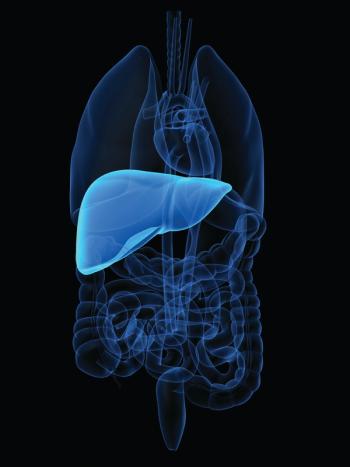
The safety profile of lenvatinib/pembrolizumab plus TACE among patients with unresectable HCC was consistent with previously reported studies.

The FDA decision is based on data from a pooled analysis of phase 1/2 study data from 2 trials evaluating the agent in advanced/metastatic PROC.

Although survival outcomes were numerically improved with ROS1-targeted therapies, an unmet need remains for patients with ROS1-mutated advanced NSCLC.

The safety profile of telisotuzumab adizutecan was manageable in pancreatic ductal adenocarcinoma, consistent with its profile in other tumor types.

Policies aimed at improving health coverage and financial assistance may help improve treatment affordability to ensure more equitable survival.
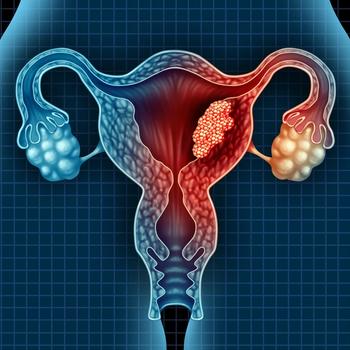
A significant survival improvement was observed among patients with dMMR carcinomas who received atezolizumab/chemotherapy.

A numerically greater response rate with regorafenib/nivolumab may encourage a search for more non-chemotherapy combinations for gastric cancer.

Two hematologic oncologists defined rare lymphomas and highlighted challenges and recent developments associated with these disease types.

Proactive disclosure of information by clinical social workers in oncology may help equip patients to handle difficult aspects of cancer treatment.
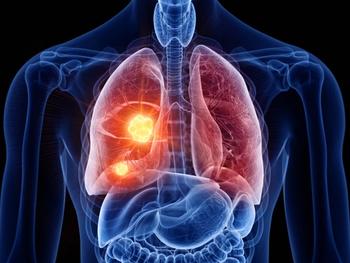
The safety profile of durvalumab after radiotherapy was consistent with durvalumab after chemoradiotherapy among those with unresectable stage III NSCLC.
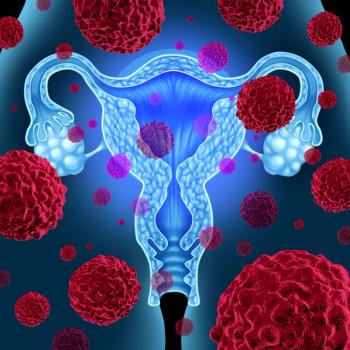
The safety profile of pembrolizumab plus chemotherapy with or without bevacizumab was consistent with that observed in previous studies.

Serious AEs occurred in 49% of patients treated with FOLFIRNOX vs 43% of patients treated with chemoradiation for pancreatic ductal adenocarcinoma.

Investigators are actively enrolling patients with locally advanced rectal cancer in the phase 1b FORTRESS trial evaluating NG-350A plus chemotherapy.

Raed M. Al-Rajabi, MD, discussed the state of immune effector cell therapy for GI malignancies following a presentation he gave at the 2025 ICE-T Congress.
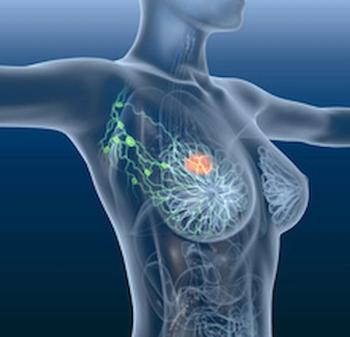
The safety profile of tucatinib plus trastuzumab and pertuzumab was consistent with the established profiles of each individual agent.
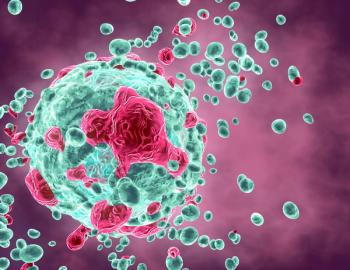
The most pronounced overall and recurrence-free survival benefit with chemoradiotherapy was observed among patients with TP53-abnormal endometrial cancer.
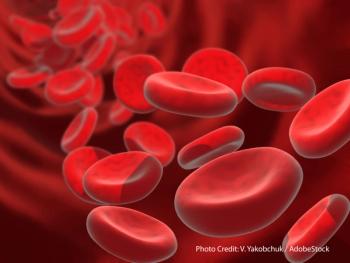
The addition of comprehensive bridging radiotherapy to extramedullary disease sites before CAR T therapy may improve PFS outcomes in multiple myeloma.
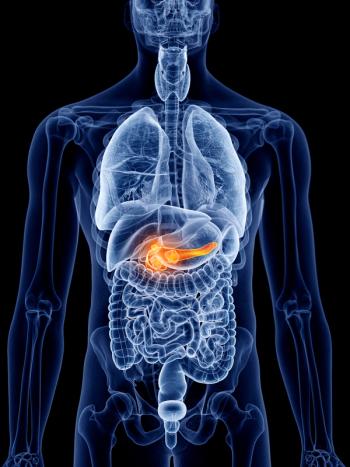
A manageable safety profile and survival benefit was observed across patient groups with somatostatin receptor–positive GEP-NETs.

Developers plan to discuss a regulatory path to conditional marketing authorization for OST-HER2 in the UK, US, and EU in resected metastatic osteosarcoma.

Imaging developments have made it possible to detect nodal recurrence at low PSA levels, which could help guide salvage approaches for prostate cancer.
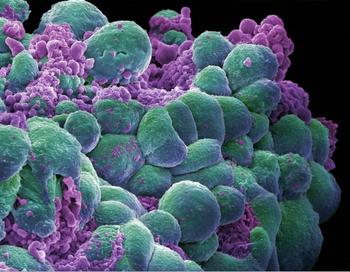
Data from the phase 3 DESTINY-Breast09 trial presented at the 2025 ASCO Annual Meeting formed the basis of the supplemental NDA.

Cryoablation, when combined with adjuvant endocrine therapy, may offer a minimally invasive outpatient strategy in older patients with breast cancer.
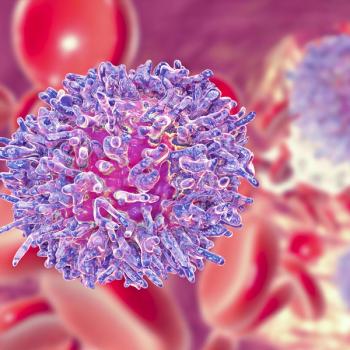
The regulatory agency gave a PDUFA target action date of April 6, 2026, for Orca-T among patients with AML, ALL, and MDS.

The safety profile of dato-DXd was consistent with previous clinical trials assessing the agent in breast cancer.